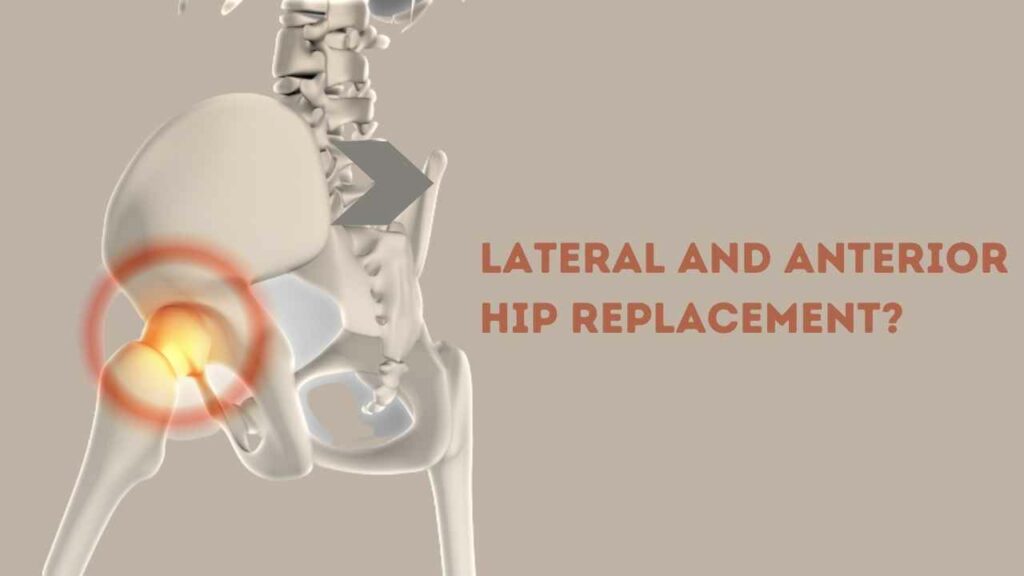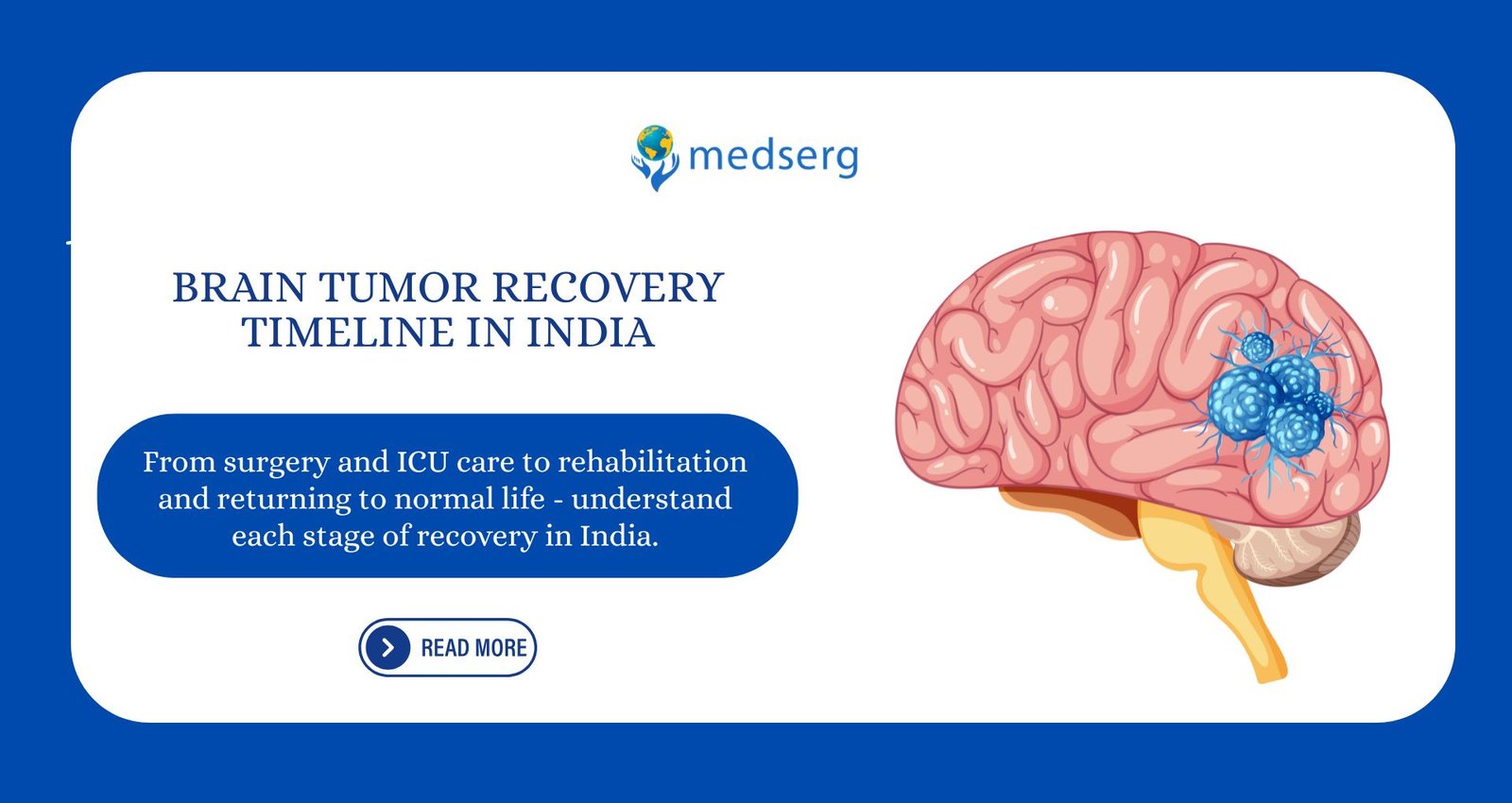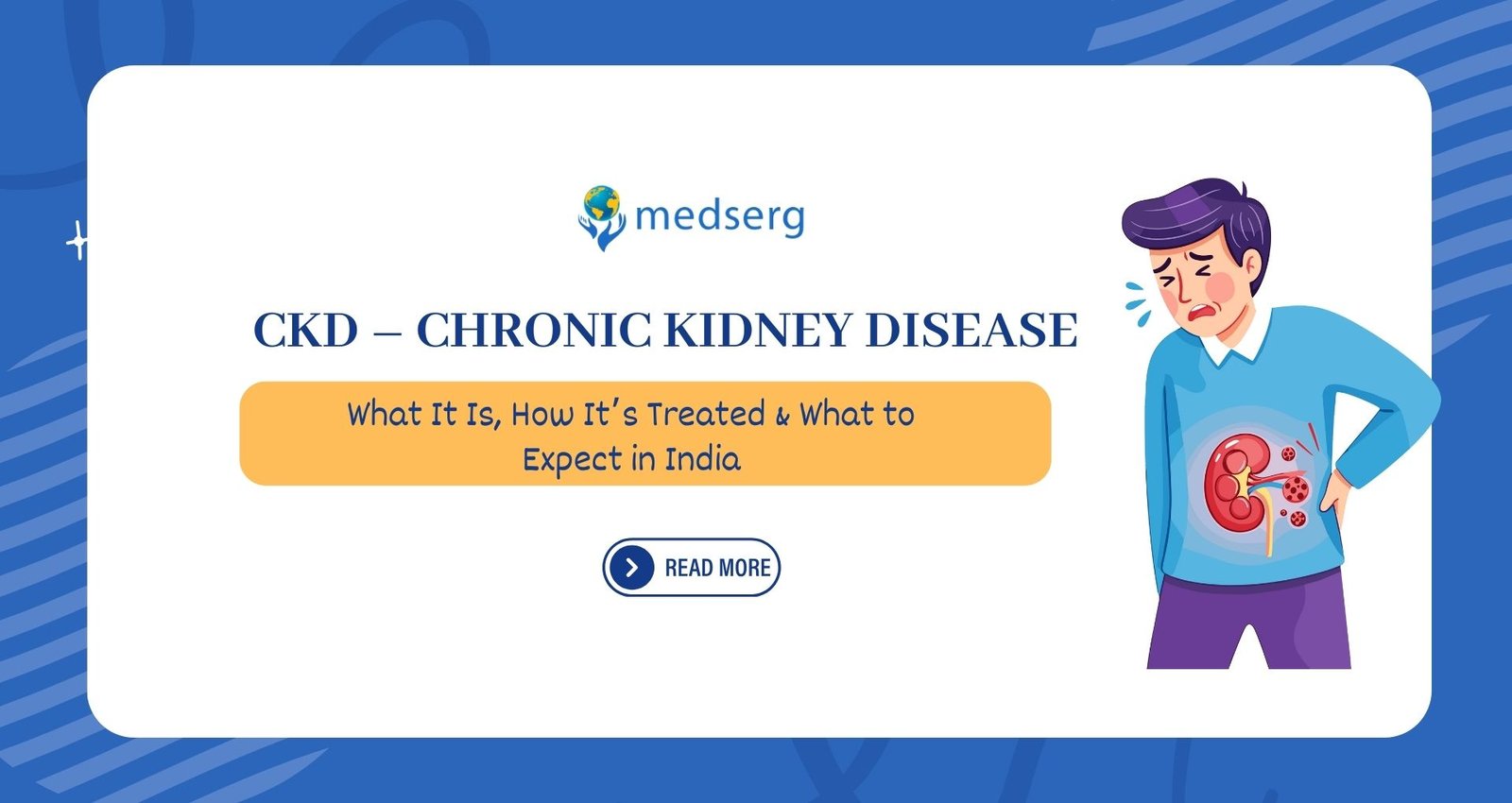Many times it happens that hip bones and joints get injured. It can happen in accidents, due to infections, dislocation of bones, fractures, and even arthritis or other such diseases. In order to cure the situation most people prefer to undergo surgeries and operations that help to remove the hip condition through hip replacement. However many doctors believe that nothing can ever replace the actual hip joint that a human body possesses. This is the main reason why hip preservation is preferred over hip replacement. Hip joint preservation means that a person’s natural hip joint is preserved in cases of diseases or traumas.
There are several main objectives of hip preservation. It aims at-
- Restoring the original motion within the joint.
- Improving the movement and other functions of a hip.
- Reducing rather than eliminating the pain.
Who Can Benefit From Hip Preservation?
Hip preservation is indeed a very good way to treat problems that are associated with hip joints but not everyone can benefit from this treatment. Certain factors should be taken into consideration while deciding upon the treatment and a few of them are listed below.
- Age: Hip preservation techniques are usually beneficial for young adults and people that are not very aged. However, there are cases where the elder person is not allowed to go through a major surgery. In such a case hip preservation can be a good method of treatment for them as well.
- Weight: Weight is also a determining factor when it comes to hip preservation because the hip joint is the bearer of almost all the weight of the body. That’s why obese people are advised to lose weight before hip preservation techniques are used.
- The severity of the defect: Cases where a person experiences thinning of the joint cartilage or erosion of the cartilage from small areas, might be a cause of the problem. To treat this condition, joint preservation can be a suitable option. However, if the damage is big and a major portion of cartilage has been eroded, then hip replacement is a better option. The hip replacement cost in India ranges from 2.5 to 6 lakhs depending on whether it is a bilateral or single hip replacement.
- Type of joint defect: In the conditions like slipped upper femoral epiphysis, hip impingement, Perthes disease, or femoroacetabular impingement, hip preservation can be the best and most useful solution.
Know all about hip replacement surgery in India.
What are the ways in which hip preservation can be done?
As mentioned above, when performing preservation techniques there are three main aims that are kept in mind. To achieve these aims the treatment is also divided into three options. At first, there is physical therapy, later on, the patient is treated with intraarticular injections and the last resort is hip preservation surgery. Hip preservation surgery is also known as an Arthroscopic procedure. It is one of the most innovative approaches that help to carry out help preservation with ease.
Arthroscopic Surgery:
Hip Arthroscopy is an ingenious surgery that uses small cameras and equipment to treat and preserve the hip joints that have been affected. There are several benefits of preservation surgery and it also helps to treat several hip conditions. It is a minimally invasive kind of surgery, in which small incisions are made so that there is less scarring and quick recovery. This surgery is mainly performed when the patient is going through –
- Pincer Lesions
- Femoroacetabular impingement
- Labrum Damage and tear
- Trochanteric pain syndrome
- Snapping hip syndrome
Rehabilitation after hip joint preservation-
Several positive outcomes can be experienced after hip joint preservation surgery is performed. but to have a speedy recovery and regain normal movement and energy up, patients must follow some guidelines to recover swiftly. After the surgery is performed the patient is advised to take physical therapy for about 14 days after the surgery. Physical therapy can help in improving the range of motion and help to reduce the swelling that has been caused due to the surgery. Physical therapy is a good option because it will help to reactivate the muscles and increase the blood flow in the body as well.
Generally, it takes about 6 to 8 weeks to heal from the surgery. Till then the patient is advised to move using a support like crutches or sticks. This precaution will help the patient to avoid any injuries and it will also help the muscle gain strength. Normally it takes about six months for a bone to get cured.
Apart from these two practices, the patient should also alter their lifestyle accordingly. The patient is advised to take medicines on time and eat a healthy diet. The person must also quit consumption of alcohol, smoking, and other harmful habits to have a swift recovery.























